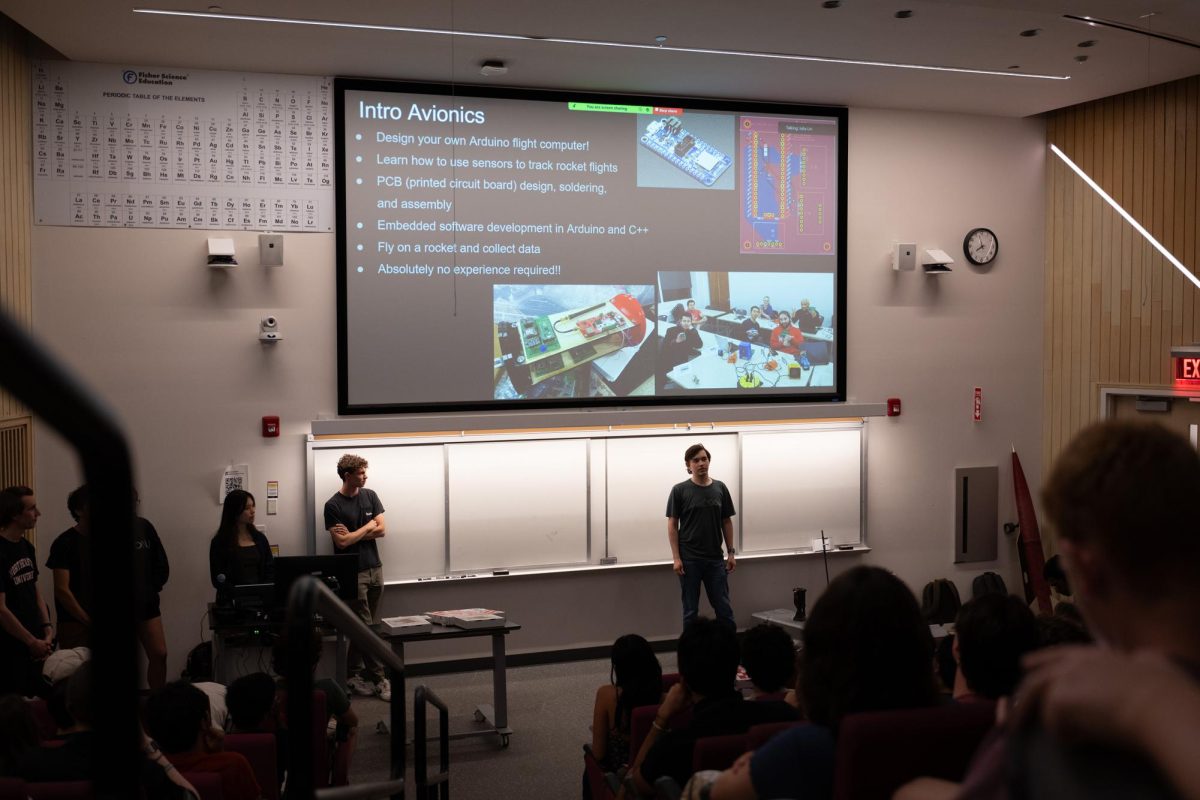By Cynthia Retamozo
When researchers at Duke University Medical Center and the University of Albany reviewed the results of their study on personality traits in relation to life goals, some were surprised by the results.
The results challenged the preconceptions that women are more likely to prioritize relationships above personal achievements, like careers and financial success. The study showed that men were in fact more likely to place relationships above careers, and women were more likely to do the opposite.
The study had 237 undergraduate students from around the country complete questionnaires measuring life goals and personal achievements. The full results will be published in the next issue of Springer Journal, Gender Issues, a magazine that publishes research on the relationships between men and women, according to their website.
Similarly, 40 Northeastern undergraduate students (20 males and 20 females) were given a list of seven priorities and achievement goals and were asked to rank them numerically. The list consisted of the categories financial success, health/physical fitness, religion/spirituality, romance/marriage, family/friends, career/education and contribution to society.
The results of the nonscientific study showed that those surveyed generally placed family and friends first and religion and spirituality last. As far as relationships go, sixteen of the males who were surveyed placed romance/marriage in their top four, while 13 of the surveyed females placed it in their top four. In addition, eight males ranked romance/marriage above career/education while only five females did the same.
These results surprised some students, including middler English major Kendall Philbrick.
“I always thought that women are generally much more nurturing and emotional,” she said. “And men don’t really like to show their emotions, so it’s interesting that it takes a private survey to get them to show it.”
Sophomore electrical engineering major Michael Nedoroscik said he thinks the reason females seem to be more career-oriented than males is because of the role gender plays in career status.
“In a new day and age [women] probably feel that it’s more difficult for them to achieve the same status as males,” he said. “And so they try harder at it and put more importance in their careers.”
Women’s Studies Program director and sociology professor Debra Kaufman offered possible explanations strictly on a hypothetical basis and solely on the findings of the Duke University and University of Alabama studies without any thorough knowledge of the factors involved.
Kaufman said one possible explanation is the dissolution of the qualities that have associated themselves with gender, like women are emotional while men are instrumental. With this dissipation, we as a society may be moving more toward androgynous norms, she said.
“Assuming the study met social scientific criteria, we may be seeing, after decades of the feminist movement and strong emphasis on gender issues, that men are feeling freer to dispel stereotypes and are more interested in the personal side of life,” Kaufman said.
In light of men feeling freer to express personal desires, women may also be feeling freer to say that they want to delay marriage for a while and focus on a career, she said. This in turn may make men appear to be more interested in romance.
Life status may also be a factor, Kaufman said. The university studies were both done on undergraduates ages 16-25. If they were done on people in their late 30s, the results would have likely been different, she said. Chances are that women would place romance and marriage as a top priority because they would have already delayed it when they were younger, she said.
The final possible explanation of the results is because topics like priorities may be so broad that different people may respond differently or results may be interpreted differently. Kaufman said she recalled a personal experience with a study from the ’80s that found men wanted more leisure time than women. At first, researchers interpreted the data to mean that men wanted more family time, when in reality they wanted to have more time to do things like play golf, she said.
“The results may be because of a change, or it may reflect some changing moments,” Kaufman said. “Or it may be specific to life cycle changes or it may be too broad a category to know for sure.”








